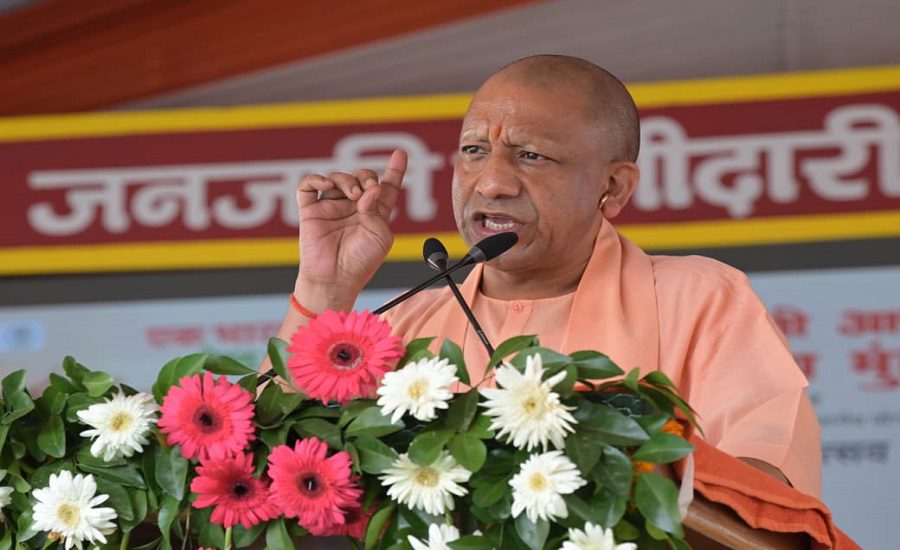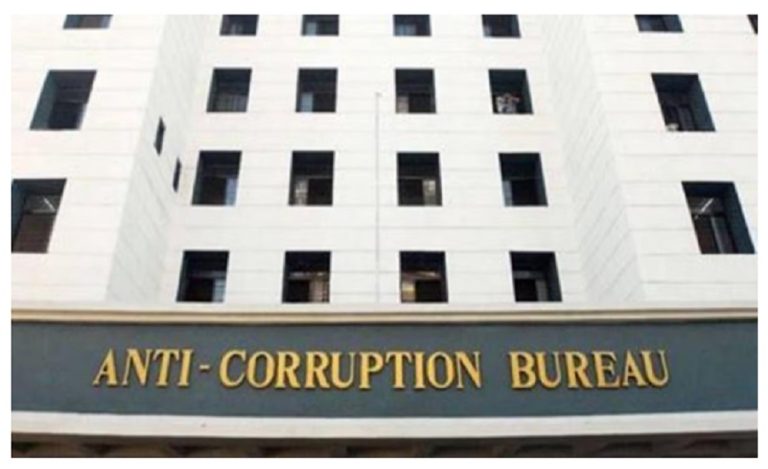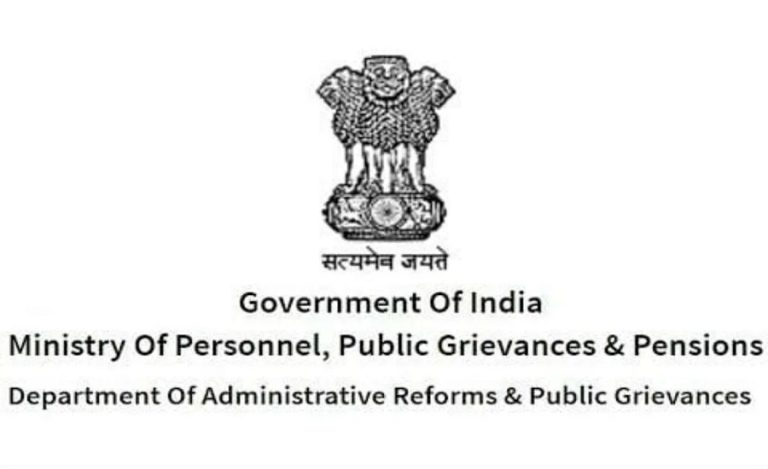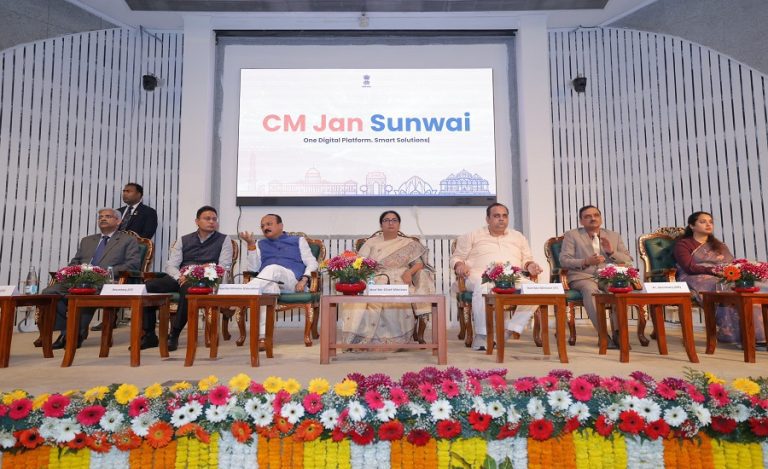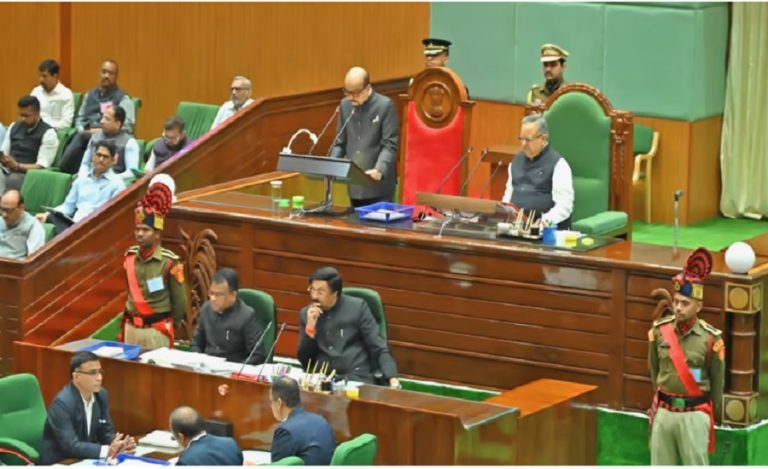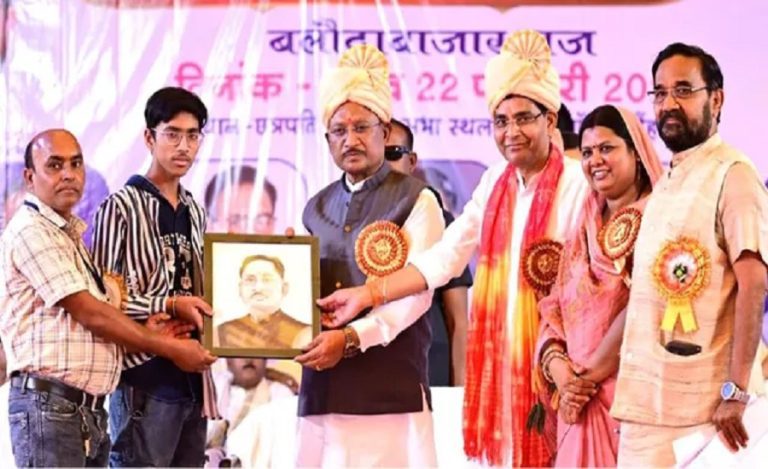Lucknow: The Yogi Adityanath government has significantly transformed the landscape of tribal welfare in Uttar Pradesh, bringing long-neglected communities into the mainstream of development. Through focused policies and inclusive schemes, the state has empowered marginalized tribes, ensuring they are active participants in growth and progress.
Saturation-Based Development Reaches 517 Tribal Villages
Under initiatives like Dharti Aaba Janjatiya Gram Utkarsh Abhiyan and Dharti Aaba Janbhagidari Abhiyan, 517 tribal-dominated villages across 26 districts have witnessed saturation-based growth. These programs have ensured full coverage of welfare schemes such as Ayushman Bharat, Ujjwala, Jan Dhan, Kisan Samman Nidhi, and PM Vishwakarma Yojana, improving healthcare, connectivity, education, and livelihood opportunities for tribal populations.
Read also: CM Yogi Adityanath Welcomes FIH Hockey Men’s Junior World Cup 2025 Trophy to Uttar Pradesh
Housing, Education, and Healthcare Strengthened for Tharu, Buksa, and Other Tribes
The government has extended comprehensive support to tribes such as Tharu, Buksa, and Bhotia, covering more than 11 lakh people through programs like PM Janman and Mukhyamantri Awas Yojana. Notably, 815 Buksa families in forest areas now have full access to electricity, roads, healthcare, and drinking water, marking a historic milestone in tribal welfare.
Economic Empowerment through Handicrafts and Entrepreneurship
To preserve cultural heritage and generate income, the Tharu Handicraft Company in Lakhimpur Kheri has connected 371 self-help groups to national markets via revolving funds and community investment. A Tharu Museum in Balrampur has been inaugurated, with similar initiatives planned for Mirzapur, Sonbhadra, and Maharajganj, promoting tribal art and craftsmanship on a larger scale.
Education Initiatives for Tribal Youth
The government has strengthened educational infrastructure through Eklavya Model Schools, Sarvodaya Hostels, and Ashram Vidyalayas, reaching children in remote areas. Schools in Lakhimpur Kheri, Bahraich, Sonbhadra, and Lalitpur now provide holistic education, ensuring a strong foundation for inclusive progress among tribal youth.
Under the Pre-Examination Training Centre Scheme, over 700 Scheduled Tribe candidates have been selected for administrative roles, while 6,500 youth are being trained at eight high-level centres. Tribal representation has also increased in police recruitment, reflecting greater participation in governance.
Support for Freed and Nomadic Communities
The government’s inclusive approach extends to freed and nomadic tribes, including Nat, Banjara, Sansi, Kanjar, and Kalbelia. Through 101 Ashram Vidyalayas, 9 Sarvodaya Schools, and multiple hostels, these communities now have access to education, housing, and social security, ensuring stability and opportunities for growth.
Cultural Pride Meets Sustainable Progress
From restoring dignity and identity to ensuring access to all government benefits, the Yogi government has ushered in a new era of tribal empowerment. Combining cultural pride with sustainable development, the state has created an environment where tribal communities can thrive economically, socially, and educationally.

